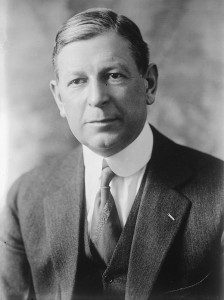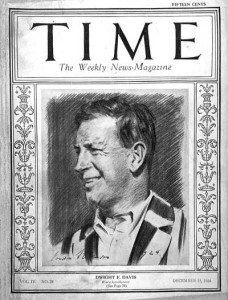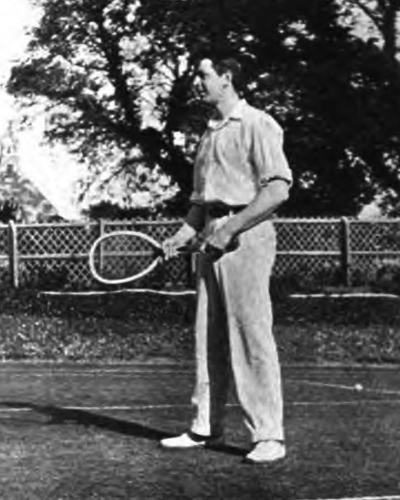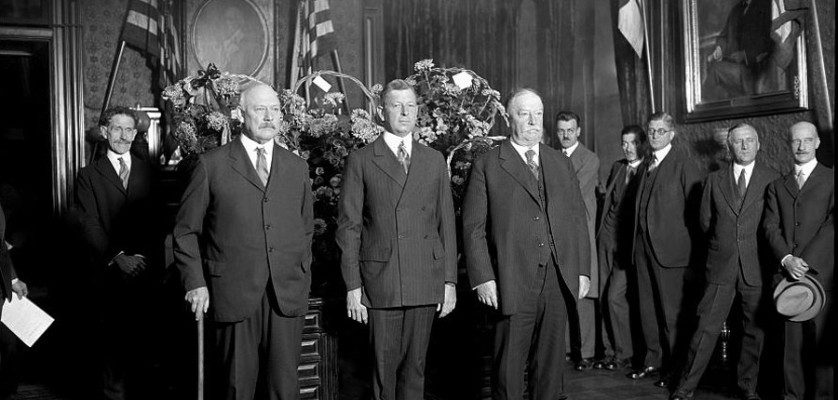Dwight Filley Davis Sr. was a tennis star and World War I Army veteran who later became secretary of war — the former title of secretary of defense.
Military Service
Davis trained at the Preparedness Movement Citizens’ Military Training Camp in 1915. The movement’s goal was to prepare America for entry into World War I. From 1916 to 1917 he toured Europe as part of the Rockefeller War Relief Board.

During World War I, Davis enlisted as a private in the Missouri Army National Guard and was commissioned in August 1917.
Upon his arrival in France, Davis was promoted to major and became adjutant of the 69th Infantry Brigade, 35th Infantry Division. During this period he was awarded the Distinguished Service Cross.
After the war continued service as a colonel in the Army Reserve.
He became the assistant secretary of war from 1923 to 1925 and secretary of war from 1925 to 1929. He then served as governor general of the Philippines from 1929 to 1932.
In 1942 Davis was the first and only director general of the short-lived Army Specialist Corps, which was a uniformed branch of the military consisting of civilian specialists employed by the Army. They were engineers, chemists, lawyers and other needed professionals as well as those who were too old or physically unfit to serve in the regular Army.
On the disbandment of the corps on Nov. 1, 1942, Davis became an Army advisor with the rank of major general.
Tennis Career
Davis reached the All-Comers final for the men’s singles title at the U.S. Championships in 1898 and 1899. He then teamed up with Holcombe Ward and won the Men’s Doubles title for three consecutive years, from 1899 to 1901.

In addition, Davis and Ward were Men’s Doubles runners-up at Wimbledon in 1901, and Davis also won the American intercollegiate singles championship of 1899 as a student at Harvard College.
In 1900, Davis developed and donated a silver bowl to be awarded to the winner of a new international tennis competition designed by him and three others. The competition, originally known as the International Lawn Tennis Challenge, was later renamed the Davis Cup in his honor. He was a member of the U.S. team that won the first two competitions in 1900 and 1902 and was the captain of the 1900 team.
Davis participated in the 1904 Summer Olympics. He was eliminated in the second round of the singles tournament. In the doubles tournament he and his partner Ralph McKittrick lost in the quarterfinals.
Davis, who was born in St. Louis, Mo., in 1879, later served as the city’s public parks commissioner from 1911 to 1915. During his tenure, he expanded athletic facilities and created the first municipal tennis courts in the United States.
Davis died at his home in Washington, D.C., Nov. 28, 1945. He is buried at Arlington National Cemetery.











